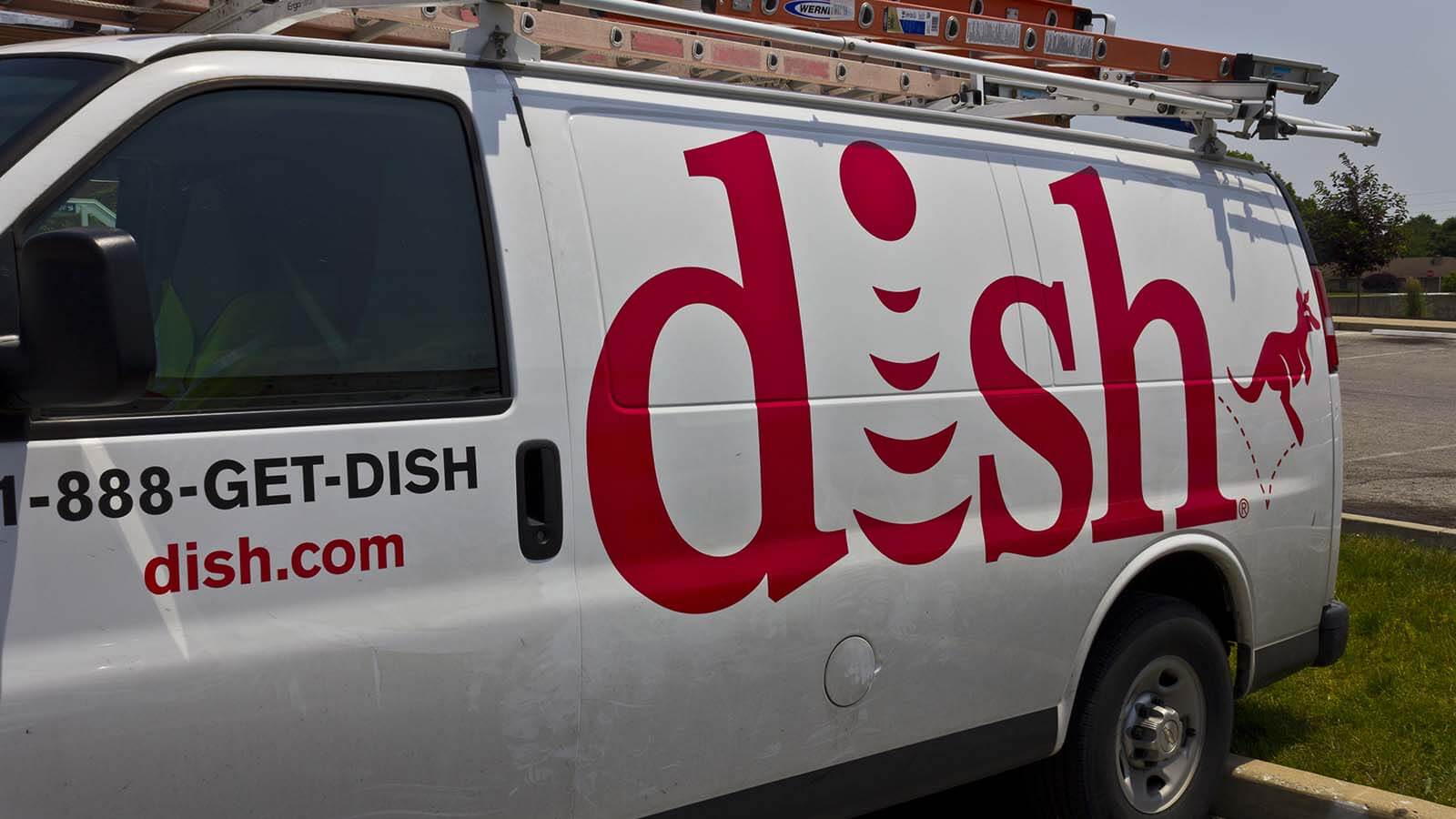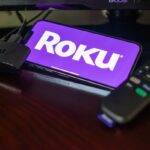Dish Network Corp. has experienced a sharp decline, with its stock plummeting to its lowest level in 25 years. This comes after the company reported third-quarter earnings that significantly underperformed Wall Street’s expectations and revealed substantial customer losses. Dish’s challenging results are indicative of the hurdles it faces in the competitive telecommunications industry.
The company reported a loss of 26 cents per share for the quarter, a stark contrast to the projected earnings of 6 cents, considering Dish’s focus on providing mobile services and satellite TV programming. Notably, Dish has been undergoing a transition to the wireless broadband business, but even in this endeavor, it disappointed, as it lost nearly five times the number of mobile customers compared to analysts’ predictions.
The earnings report was described as “astonishingly bad” by MoffettNathanson LLC. The firm suggested that Dish’s path might lead to bankruptcy in the coming years, and the latest results could accelerate this scenario. As a result of these disappointing outcomes, Dish Network’s stock plunged by 37% to close at $3.44 in New York on Monday, marking the lowest settlement price since 1998 and the stock’s worst single-day decline ever. It stood out as one of the poorest-performing stocks on that day.

Dish Network has been grappling with subscriber losses, mirroring the trend among pay-TV providers who are witnessing viewers opting for more cost-effective streaming alternatives over expensive channel packages. To counter this decline, the company has sought to strengthen its presence in the wireless broadband, mobile, and 5G sectors. Dish acquired spectrum assets from T-Mobile US Inc. and introduced Boost Mobile and Boost Infinite products through major retailers like Walmart Inc. and Amazon.com Inc.
In an effort to enhance Dish’s position as a mobile network provider, co-founder and Chairman Charlie Ergen announced plans to merge Dish with EchoStar Corp., a satellite network operator that Dish previously owned. This all-stock merger is valued at approximately $4 billion, but the latest results imply that Dish faces an uphill battle in realizing its objectives.
Dish Network reported third-quarter revenue of $3.7 billion, which fell short of analysts’ expectations of $3.8 billion. The company’s results underscore the challenges it faces in the wireless market, where it competes against industry giants like AT&T Inc., Verizon Communications Inc., and T-Mobile. Dish’s merger with EchoStar may offer the necessary capital to complete its network buildout, but it does not eliminate the formidable competitive and technical obstacles ahead.
Furthermore, Dish is grappling with debt exceeding $20 billion, and rising borrowing costs have made it challenging to fund the expansion of its wireless network. The company’s retail wireless subscriber base contracted by 225,000, far surpassing the expected loss of 46,000. Dish’s pay-TV business, including satellite and its Sling brand, lost 64,000 subscribers, compared to an anticipated loss of 46,000.
As part of the merger with EchoStar, Dish Network’s Chief Executive Officer Erik Carlson will depart on November 12, with EchoStar’s head, Hamid Akhavan, taking over as the president and CEO of the combined entity the following day. The personnel changes were previously disclosed by Charlie Ergen during an investors’ call.
The merger with EchoStar is expected to be finalized by the end of the year. Additionally, Liberty Latin America Ltd. has announced the acquisition of Dish airwaves rights in Puerto Rico and the US Virgin Islands, along with approximately 120,000 prepaid mobile subscribers in those markets, in exchange for cash and international roaming credits.
Dish Network faces a challenging landscape as it seeks to adapt to changing market dynamics and address its financial and subscriber woes.









